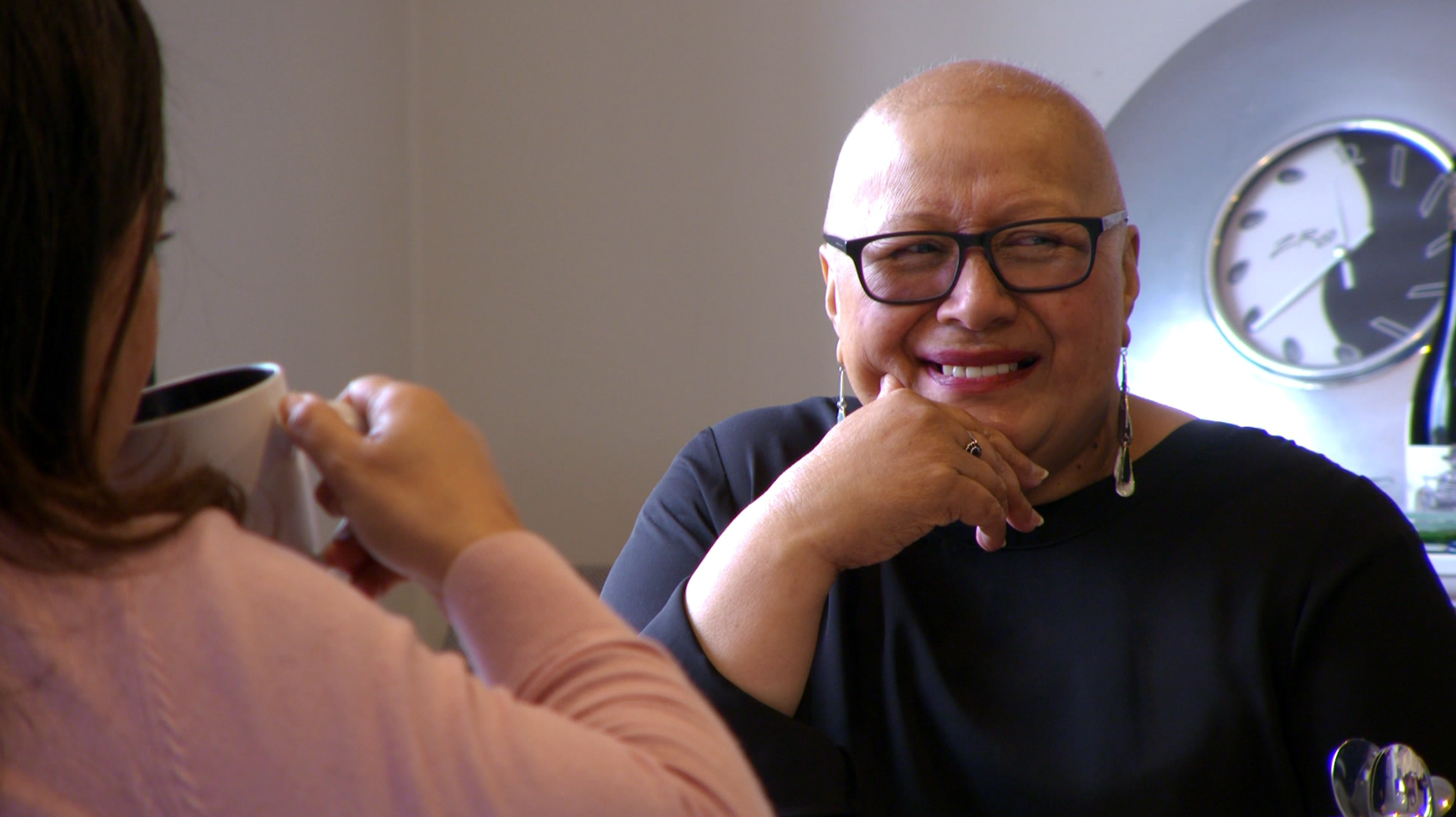Public Interest Journalism funded through NZ ON Air
The head of one of the largest providers of home care for elderly Pacific people says the community needs to start talking about issues like elderly abuse.
Hamish Crooks, CEO of Pacific Homecare in South Auckland, says elderly abuse is a very sensitive subject area among the Pacific community.
He adds that, while this issue can be confronting, the community needs to find a way to discuss this more openly and bring more awareness to, not only the community, but within the family unit.
“Elderly abuse is seen as very personal, private and family oriented,” Crooks says.
“Abuse normally happens in close relationships, but some of those relationships can extend out to friends and close contacts with those elderly.”
He adds, “at Pacific Homecare we’re mindful of our support workers when they go into homes. You know caregivers, they can also have an impact on that kind of abuse as well, so there’s lots of different areas where it happens.”
Pacific Homecare works with more than 450 families, providing home-based healthcare throughout the Auckland region to the disabled and elderly who wish to remain living at home, but need assistance.
Hamish recognises that while discussion is needed we also need to identify the signs to look out for and how we approach it.
“I would say communicating what is elderly abuse, and it’s not just the abuse of the neglect side of it as well. You might have verbal abuse, you might have financial abuse which are easy ones to sort of identify.”
Hamish also notes that the impact of COVID-19 on the elderly community highlighted issues around neglect, isolation and loneliness.
“What we found in that lockdown in 2020, was the issues of the disconnectedness. Families all at home creating stress amongst themselves and the challenges of being in a family bubble is both a good thing and a challenging thing.
“That’s my polite way of saying it, and the other issue we found when we connected is that disconnectedness. Neglect – leaving them on their own for long periods of time, not communicating with them can be just as detrimental as some of those other things.”
Due to COVID-19, Pacific Homecare came up with a way to keep the eldelry community connected using digital technology with their Fia Ola programme. With support from Le Va and the Ministry for Pacific Peoples, 30 tablets were made available to their Samoa Ola group to ease the challenges from COVID-19.
The aim was to help the elderly adapt to the digital age and they were taught how to use the tablets to listen to the Samoan news, music, and contact friends and aiga (family). Hamish says they hope to roll out the same initiative among the other Pacific groups.
He reiterates the importance of recognising these signs and issues of eldelry abuse and believes it affects every community.
“We have to talk about this, and the thing is it’s not just the Pacific or a cultural issue, it’s actually a global issue.
“Every culture, every people struggle with elderly abuse. And for the better side of it, it is mostly hidden and not talked about, so the more we talk about it, the more we communicate the issues, the better we can love and care for our Mamas and our Papas.”
Earlier this year, the Office for Seniors NZ provided a fund to focus on violence prevention needs within the older population (aged 65+) in Aotearoa New Zealand. Priority will be given to projects and initiatives that include diverse communities including Māori, Pacific, ethnic, rainbow, and disabled communities.
According to a recent report published by the Office for Senior Citizens, Getting older, doing more, the older population is predicted to double by 2028. The population aged over 85 years is set to treble during this same period. Older people will make up approximately a quarter of New Zealand’s total population by 2051.
Hamish says while Pacific Homecare does not specifically provide awareness programmes around elderly abuse, it is in their space.
“And it’s in our space every day, so obviously we have a lot of training with our own staff to make sure that they can pick up signs and understand what that looks like and the challenge is with us on a day-to-day basis.”
He says they acknowledge they do have a responsibility to raise the awareness and work along other providers such as TOA Pacific Inc who work in the area of elderly abuse awareness, and Age Concern, the mainstream arm.
Hamish says we have a wider Pacific elderly population across the motu so the message needs to get out to a wider audience .
“But us by ourselves is not enough. We’ve got to get families to talk about it. To cut through it is quite challenging and that’s why I think we can use other platforms such as digital, social media.
“But also trying to get to different age groups. I do believe, me personally, I believe that we should be starting some awareness even with children around how to look after Mama and Papa and then right through to the working populations, because I think it starts in the family.”
Hamish says, despite the challenge and overwhelming issue of tackling awareness around elderly abuse, there is help.
“We can begin to talk about it. That will actually help us in my opinion to love and care for our elderly much more deeply and create a quality of life.
“There are some challenges that we have to face collectively as much as individual families and if you’re struggling, you know, it’s the old saying, ‘you put your hands up so that we can come and help you’. The help is there, it’s a matter of reaching out to one another.”
If you want to learn more about support for our eldely community make contact with:
Pacific Homecare: https://pacifichomecare.org.nz/
TOA Pacific Inc: https://toapacific.org.nz/












